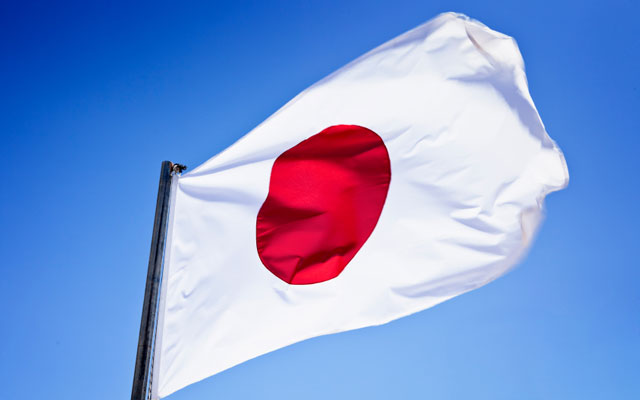Economic Freedom in Japan: A Lot of Work Ahead
Riley Walters /
This year marks the 20th anniversary of The Heritage Foundation’s Index of Economic Freedom.
While Japan has dropped in its ranking in the Index of Economic Freedom, from 24th in 2013 to 25th in 2014, it still has a positive growth in economic freedom, allowing it to hold on to its spot as the 6th most free country in the Asia–Pacific region.
While Japan is one of the top countries in terms of regulatory monetary freedom and freedom from corruption, it still lags behind in government fiscal freedom and open-market financial freedom. Government spending, a main focus of Prime Minister Shinzo Abe and Bank of Japan Chairman Haruhiko Kuroda’s economic plan, has continued to lead public debt to a historical 237.9 percent of gross domestic product.
Much like its last 20 years of economic stagnation, Japan has also been stagnant in its ranking in economic freedom. While Japan has moved to the table for talks about joining the regional free trade agreement Trans-Pacific Partnership (TPP), negotiations have near come to a halt in reducing Japan’s protectionist policies regarding the agriculture sector and its health care system. And, while there have been constant spats with neighboring countries over territorial issues, Japan still flourishes in trade exports.
Things to watch in 2014 include Japan’s follow-through on the “third arrow” in Abe’s economic plan of structural and economic reform, such as introducing more women into the workforce. Also, keep an eye on whether both the U.S. and Japan can push through to finalize Japan’s agreement to terms in the TPP.

